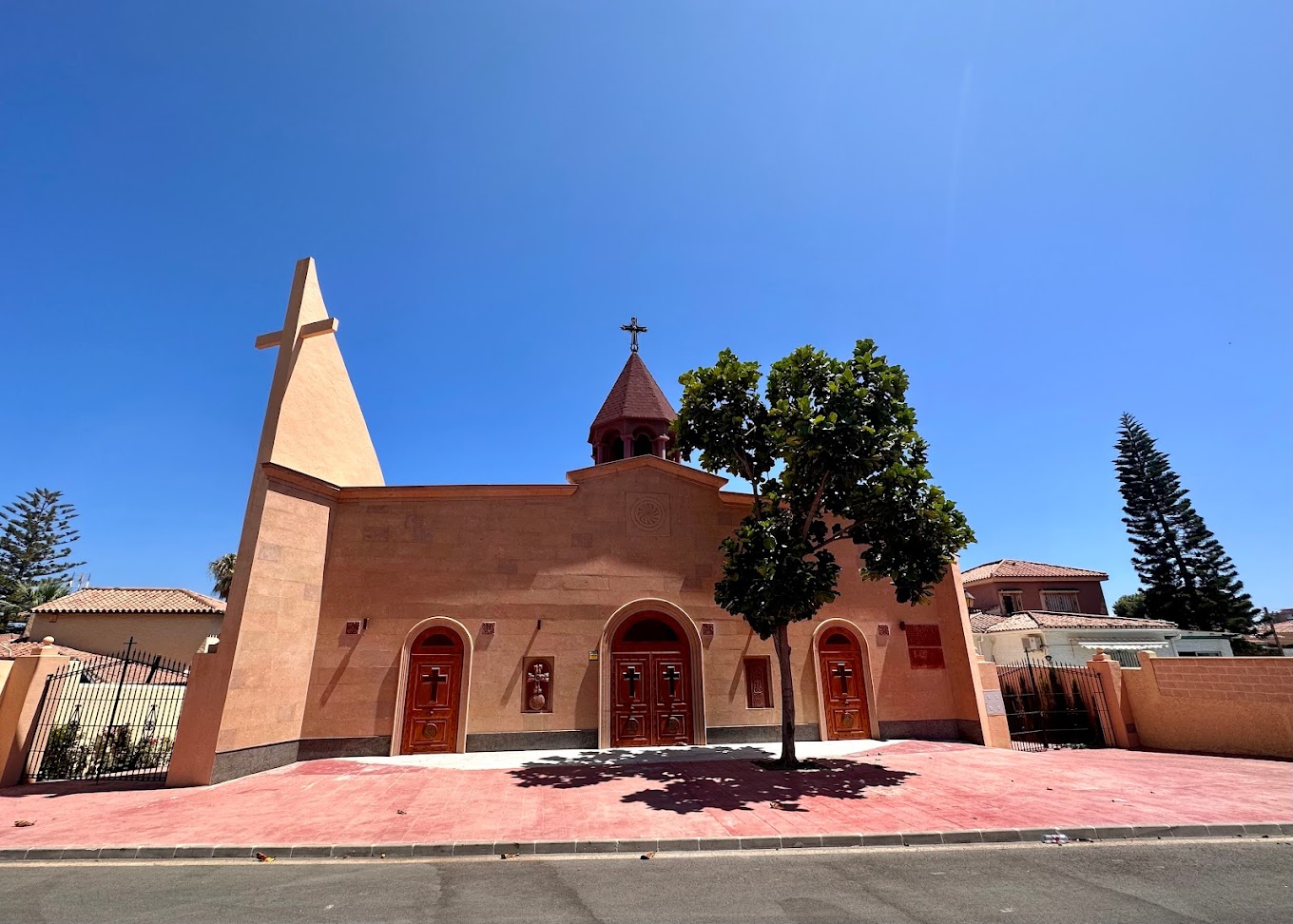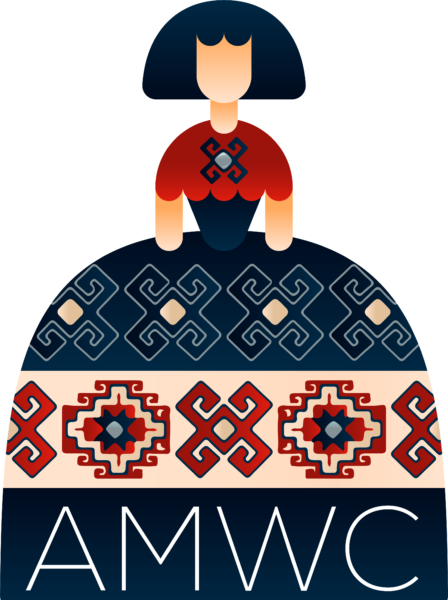Venue

Complutense University of Madrid
The Complutense University of Madrid – A Historic Setting for Medical Innovation
Founded in 1293, the Complutense University of Madrid (UCM) stands as one of Spain’s most prestigious educational institutions. As the venue for AMWC2025, it offers participants a unique blend of historic grandeur and modern academic excellence.
The university campus combines stunning classical architecture with state-of-the-art facilities, creating an ideal environment for scientific exchange and professional networking. Located in the heart of Madrid’s university district, UCM provides easy access to the city’s cultural attractions while maintaining a serene academic atmosphere perfect for scholarly discourse.
The medical faculty, with its rich tradition of healthcare education and research, will host our congress sessions. Modern lecture halls, equipped with advanced presentation technology, will accommodate our diverse program of presentations, workshops, and panel discussions.
The university’s central location offers excellent public transportation connections, with multiple metro and bus lines providing convenient access for congress participants. The surrounding area features numerous restaurants, cafes, and hotels, ensuring comfortable accommodation options for all attendees.
By choosing the Complutense University of Madrid as our venue, AMWC2025 continues the institution’s long-standing tradition of fostering international medical collaboration and advancement in healthcare science.

History of Armenian and Spanish relations

Historical relations between Armenia and Spain have been woven over centuries, with trade links, diplomatic ties and a rich cultural convergence. This web of connections has left a lasting mark in aspects as varied as architecture, gastronomy and academic collaboration.
As a curiosity, tradition has it that the Apostle St. James was captured and beheaded while preaching in Jerusalem and his head is preserved in the Cathedral of St. James in Jerusalem, belonging to the Armenian Patriarchate. While his body was carried by his disciples and buried on Mount Libredon where centuries later was built the Cathedral of Santiago de Compostela, Holy City in northwestern Spain, which today remains one of the most important centers of Christian pilgrimage.
At an unexpected juncture in medieval history, King Leon V of Cilicia, facing the loss of his kingdom, set out on a journey that led him to Spain. In this context, the local monarch, moved by a gesture of generosity and understanding, decided to assign cities belonging to the crown of Castile to King Leon V. This unique episode, reminiscent of the historical benevolence of King John II of Castile, highlights the complexity of relations between monarchs and underlines the intricate direct interaction between the destinies of Armenia and Spain.
Ancient trade routes have acted as bridges connecting these two distant territories. The Silk Road, in particular, facilitated the exchange of goods and knowledge between Armenia and Spain, establishing a connection that transcended geographical barriers. This exchange involved not only goods, but also a flowering of ideas and cultures.
Armenian and Spanish relations nowadays
The Armenian community in Spain can be considered young and considerably smaller than in neighboring countries such as France and the UK, or in Argentina, Uruguay, USA.
During the last decade multiple administrative structures are being developed, aimed both at strengthening the relations between Spain and Armenia, as well as those aimed at preserving the Armenian culture and traditions among the community residing in this European country.
In the academic sphere, the creation of a Chair of Armenian Studies at the Complutense University of Madrid is a testimony to the ongoing commitment to the understanding and promotion of Armenian culture in Spain. This initiative highlights the importance of education and research in preserving and promoting historical and cultural connections.

Recently, the inauguration of the Armenian Church in Malaga in 2022 has further strengthened the cultural ties between the two countries. This event marks a significant milestone in the preservation and promotion of Armenian heritage on Spanish soil, providing a meeting space for the Armenian community and a tangible testimony of shared cultural richness.
In addition, today, numerous cultural associations have sprung up in various regions of Spain, from Catalonia to the Canary Islands, in virtually every city. These organizations play a vital role in the promotion and preservation of Armenian heritage, serving as meeting centers for the Armenian Diaspora and the community interested in learning more about this rich culture.
In the field of health, the AMADeA ![]() association has been founded, currently chaired by Dr. Lilian Grigorian. This organization, dedicated to the promotion of health and wellness, represents a concrete example of collaboration between Armenian and Spanish medical professionals, contributing to the strengthening of ties in the field of health and healthcare in both countries.
association has been founded, currently chaired by Dr. Lilian Grigorian. This organization, dedicated to the promotion of health and wellness, represents a concrete example of collaboration between Armenian and Spanish medical professionals, contributing to the strengthening of ties in the field of health and healthcare in both countries.
In conclusion, historical relations between Armenia and Spain have been manifested over the centuries in various fields, from diplomacy and architecture to gastronomy and health. These ties continue to evolve today, with cultural associations and health organizations playing a key role in promoting mutual understanding and enrichment between the two cultures.

